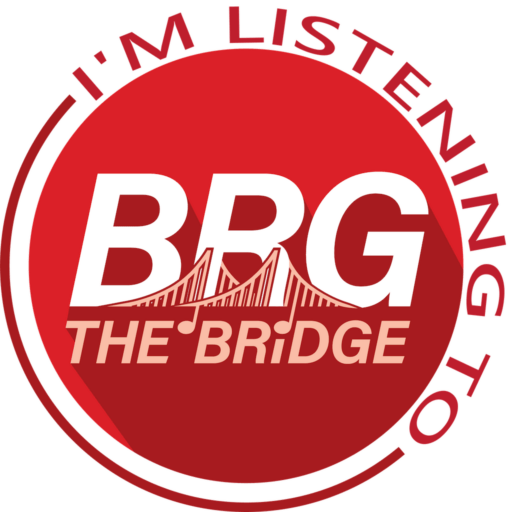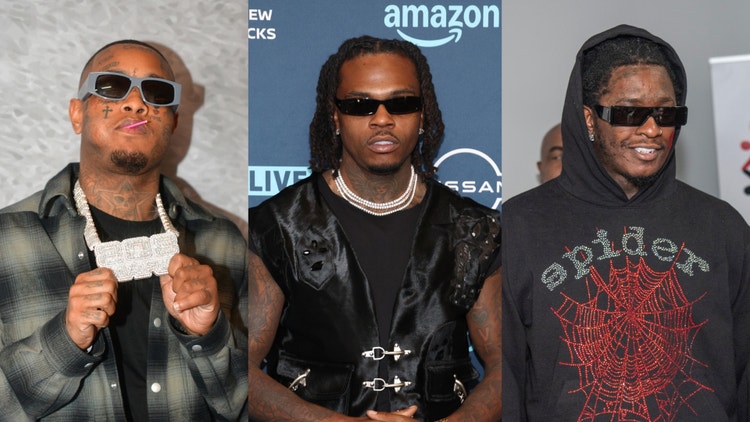Fractured Atlanta Alliances
Southside denies Gunna collaboration is the latest signal that Atlanta’s hip-hop alliances remain tense. The 808 Mafia architect reportedly won’t work with Gunna out of loyalty to Young Thug, underscoring how legal turmoil still shapes creative choices across the city’s ecosystem. In an era when reputational fault lines influence release strategies, this stance resonates beyond a single session request.
Loyalty And Leverage
Producer loyalty has long functioned as cultural currency in rap. Southside’s decision echoes a tradition where crews, labels, and day-one relationships guide the studio calendar. When artists face legal scrutiny or public backlash, producers often calculate both moral solidarity and market optics. The refusal to link with Gunna can be read as a protective move for Young Thug’s brand and an assertion of Southside’s own code.
Creative Fallout
Southside denies Gunna collaboration, also speaks to the sonic implications. Southside’s ominous drums and surgical basslines helped define trap’s modern scale. Gunna’s melodic runs, meanwhile, thrive over sleek, atmospheric beats. A partnership between them could have yielded chart-grade heat. The absence of that possibility creates a vacuum, pushing Gunna to different sound architects while consolidating Southside’s resources within Thug-affiliated or neutral circles.
Industry Context
Hip-hop’s history is rich with gatekeeping through affiliation, from G-Unit’s ecosystem to TDE’s selective outreach. Streaming-era independence softens hard borders, yet tribal lines still matter. Public stances like this one recalibrate booking decisions, festival curation, and A&R risk. They also influence rising producers who take cues from power brokers on which collaborations feel safe or suspect.
What Comes Next
If Young Thug returns with momentum, Southside’s loyalty could pay dividends in narrative credibility and demand for cohesive projects. If Gunna continues charting, the absence of this heavyweight producer may push him further into alternative textures and unexpected partnerships. Midway through the streaming decade, Southside denies Gunna collaboration encapsulates how personal allegiance still competes with pure market logic.
Bigger Picture
Trap’s durability rests on its ability to morph while protecting core identity. This decision reflects a community policing its values as much as it broadcasts rivalry. For listeners, it might mean fewer dream pairings in the short term. For artists, it’s a reminder that the studio remains a political arena, where the bass hits hard and the choices echo louder.




